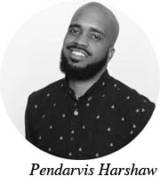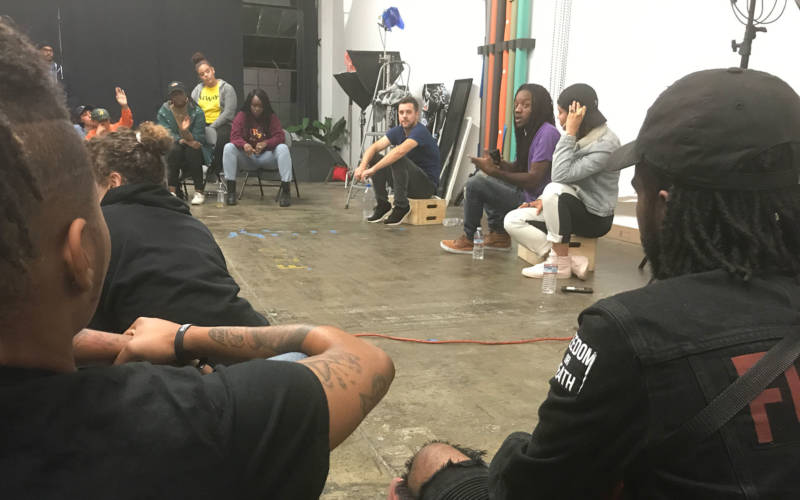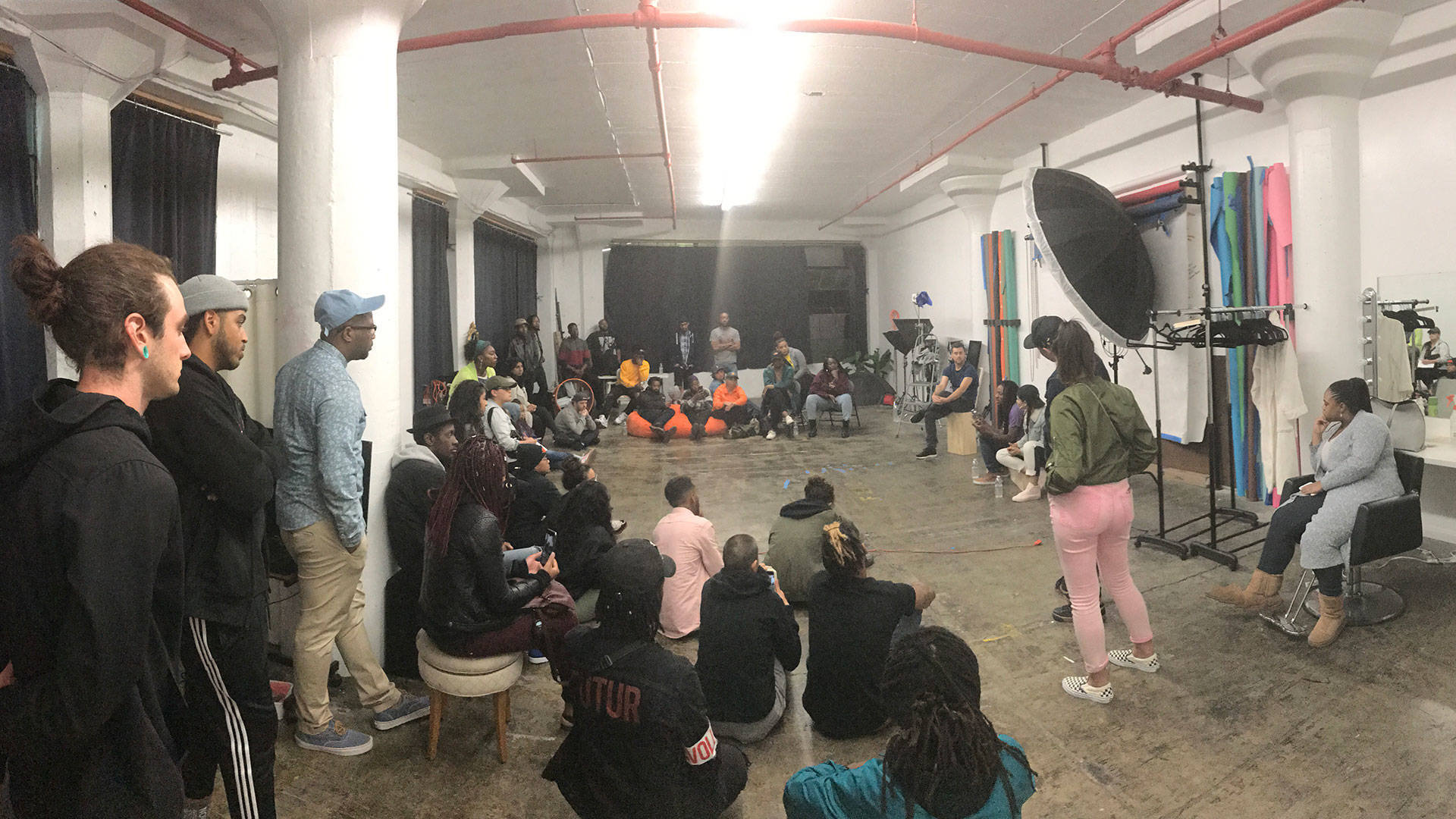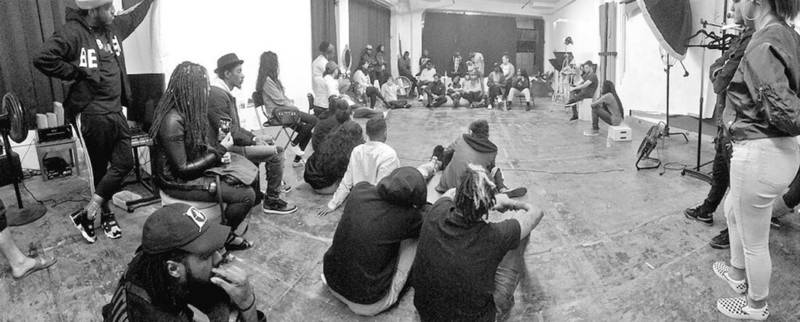In an art studio in East Oakland two weeks ago, midway though a heavy group conversation about the elements of rape culture, the seductive bassline of the strip-club anthem “Rake It Up” suddenly came blasting through the window.

The majority of attendees — around 40 people — laughed at the irony. And then got back to the discussion, called to order by a talented photographer named Deario “Chose” Austin, a skilled vocalist named Vivian Allen, a seasoned emcee named Ajman Thrower and a hardworking music producer named Mark Weiner (a.k.a. Mars Today).
As the talk about navigating unhealthy relationships evolved from a venting session to a solution-based conversation, I took down every note I could. Quotes. Thoughts. Experiences. Suggestions. I left the discussion with two things in mind:
1. I have a lot to learn.
2. These discussions should continue.

The discussion of “rape culture” isn’t new in Oakland. We’re talking about a place that spawns the majority of sex trafficking crimes in the state — recently encompassing the Oakland Police Department in a high-profile scandal. Where elected officials and nonprofit groups have campaigns combating sex trafficking. Where there are billboards (!) fighting the issue. I mean, the word “bitch” is branded in our lexicon by one of our most popular musical icons (who, incidentally, made the song “Freaky Tales,” which “Rake It Up” samples). You think I haven’t been to meeting or two about the misogynistic culture that exists in Oakland?
But while discussing the elements of rape culture isn’t new around these parts, those conversations aren’t often held by artists. Schools, religious groups, and/or elected officials usually orchestrate these events. For a handful of artists to leverage their social clout, and invite fans of their work to discuss something that doesn’t necessarily coincide with their brand, was moving.




